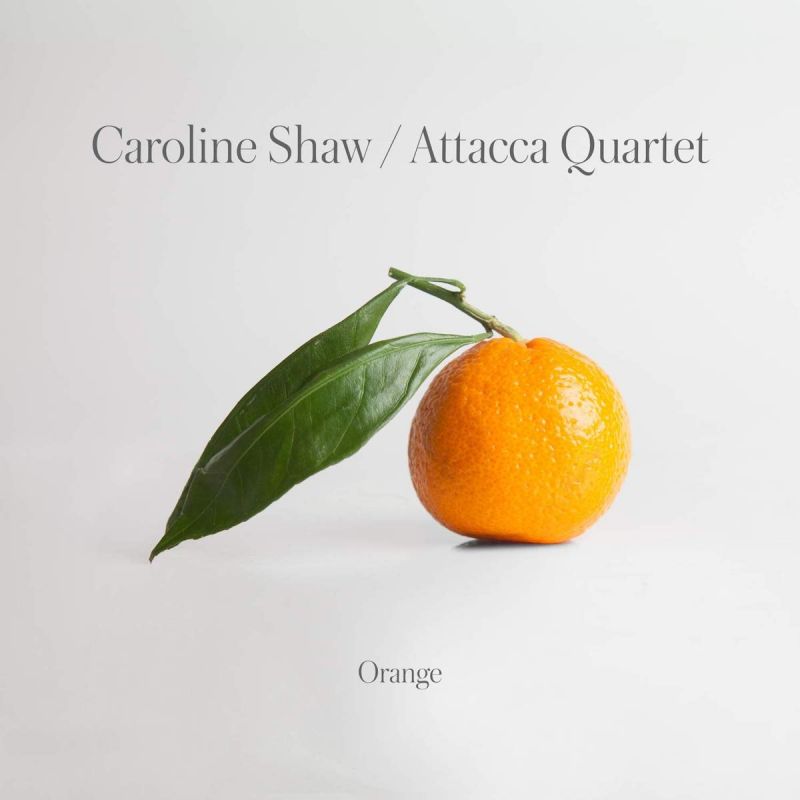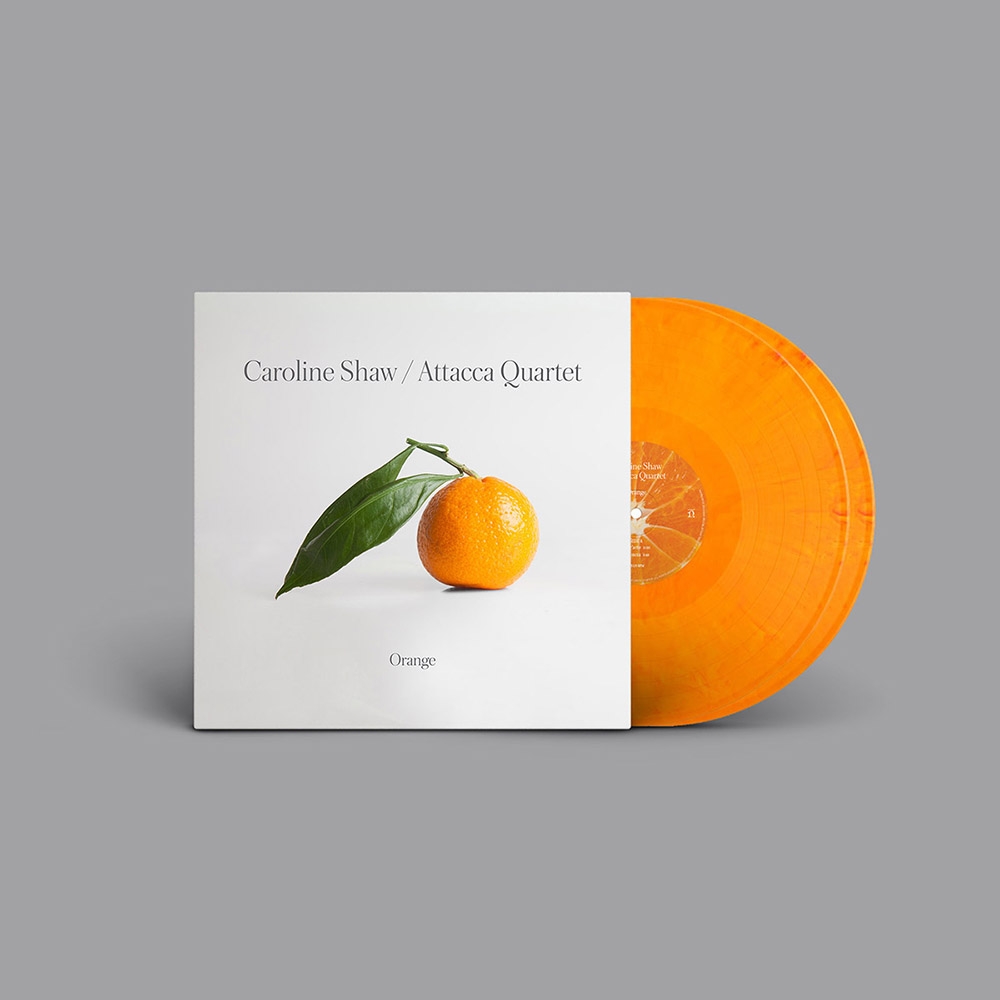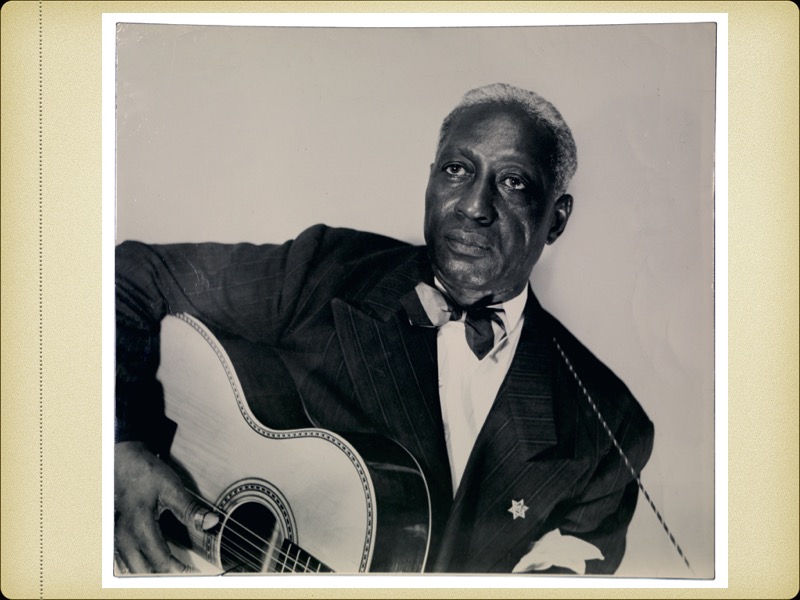tvham
Well-Known Member
I kind of like him. He tore apart the sound quality of this album knowing it would cost him in sales.I really dislike this guy. See sig.
I kind of like him. He tore apart the sound quality of this album knowing it would cost him in sales.I really dislike this guy. See sig.
I mean does it though? The record is gonna sell as many copies as it is gonna sell. The people buying all 8 aren’t listening to them.I kind of like him. He tore apart the sound quality of this album knowing it would cost him in sales.
So don't watch it?I mean does it though? The record is gonna sell as many copies as it is gonna sell. The people buying all 8 aren’t listening to them.
You posted it… I thought he would have something interesting to say…So don't watch it?


I don’t have enough experience with classical and particularly quartets on vinyl to know “definitive” — my classical is limited to about a dozen records, inclusive of two operas, and the only quartets are Kronos.
With those caveats then, I’ve really enjoyed the Caroline Shaw/Attacca Quartet recording, Orange.
The pieces pull together from a range of modern composition — hearing elements of drone, Johnny Greenwood, late modern — while clearly operating in what I recognize (see caveats) as classical quartet. It feels alive and innovative.
The recording doesn’t feel “as open” as I might hope — and my system skews a bit toward the midrange and likely favors the air so it may not sound “world class” to one who really knows this genre. That said, this is mostly me saying the notes don’t hang forever and there isn’t as clear of sense of performance space (though it feels cohesive and is clearly very well recorded) as a lot of the jazz that I listen to — Again though, I don’t have enough of a frame of reference to be really critical and comparisons to MMJ Blue Note Sessions are probably not the right frame.
The music is really exceptional and the recording is strong, emotionally powerful and one of those records that left me wishing that I actually knew people that I could play it for — as it is, my children are getting it in their background a lot. If you occasionally dip your toes in these waters, I’d absolutely recommend it. I have the orange vinyl and picked it up at one of the nonesuch sales. Pressing quality was great on my copy.

At $24 it seems like an absolute bargin

Orange 2LP + MP3 Bundle
Orange 2LP + MP3 Bundle Caroline Shaw & Attacca Quartet Available Nowstore.nonesuch.com
This post makes me very happy that I had caveats in mine. (Also, the Shaw streams at 96-24 on Qobuz)String quartets have always been a favorite of mine, one for the music, naturally, and secondly for the ability to really map out the recording engineer's abilities in setting up mics. A natural spread of evenly spaced instruments is imperative and tonal and volume balance are key in making for a compelling recording. Oftentimes, the lead violin is too prominent compared to especially the viola and poor balances can bunch the instruments too closely together, sort of a clumping effect. When you hear the spread on your stereo as your mind's eye might expect the musicians to be placed on a stage you know you are listening to a good recording and your rig is giving you your money's worth. Just last night I listened to some '60s Columbia recordings of Mozart Quartets as played by the Julliard Quartet and was mostly satisfied but the viola and cello were often scrunched up towards the middle of the soundstage. Find a great recording and you will hear what I'm talking about.
One of the records that changed the way I heard musicFunkier still.
View attachment 203402
Interesting. How so?One of the records that changed the way I heard music
Great response. The power and depth of simplicity can be so moving, as it was for you, if you truly listen to it. One person, not hiding behind production tricks, can reach into our souls in such a way that helps us better understand what it is to be human.Prior to this record (and companion with Howling Wolf) I had a pretty good foundation in some basic tentpoles: 70/80s radio, Motown, ray charles and a decent array of soul. I had a small exposure to folk (Josh White, Kingston Trio — neither of which stuck) and early indie rock (REM, etc. which grew) and most of my context on the blues was more closely aligned with classic rock. Dylan for me was largely “Freewheelin’” and Greatest Hits.
(Important to this is that my sense of music was pre-internet — what you paid for, heard on the radio (or taped from it), mix tapes between friends, etc. — I graduated high school in ‘90)
Music was important to me and I’d started to go down the paths of influences, artist connections, who played on what, etc. My dad gave me a copy of Time Out (Brubeck) when I was 16. I made the jump from Tales of the Topographic Oceans to Bitches Brew. (I pushed hard in that direction) and I discovered Lou Reed, Talking Heads, Bowie, Axis Bold as Love, Quadrophenia were all pretty significant. I may belong to that category of kids that cut class and experimented a lot. I had a bunch of friends that wanted to be in bands. I did art. Authenticity and the history and connections between things became increasingly meaningful.
I knew of John Lee Hooker and Wolf, but mostly in the same way that I knew that Keith Moon and John Paul Jones played on Beck’s Bolero (Beck, Truth) and I’m pretty sure that I knew it was Hooker in that cameo in the Blues Brothers — but maybe not. My view of the Stones was later Abko.
I’m not sure if it was Hooker or Howling Wolf in the real folk series that I bought first. Both were a revelation and connected me to the depth of that musical history. The power, slight degree of menace and threat in Hooker’s delivery, that deep resonance of voice. It wasn’t hard to go from Psycho Killer back It was foundational is showing me how much you could take away, remove, strip down and through that gain meaning.
I had a good friend that was heavily into Zappa and played drums. His context for music was always complexity, layers and polyrhythms. My friends that played guitar each had their own idols — but it was about the solo and electrified to all ends.
Then you had these two records. Voice, guitar, paired back, clean. It led me to Lightning Hopkins. Ledbelly and a deeper connection back to my dad. (Ledbelly was significant for him, though more so in his youth). Listening here deepened the paths I was carving through the threads of jazz and probably had a big influence on the way I heard Billie Holiday and even Maria Callas. The power of the sound, the history that surrounded it, the emotion of it. It felt profound at the time and helped me listen more.
The Gordon Parks movie is well worth a watch. This documentary is also worth a view:Anything that helps you reach a closer connection with your father is a winner. I want to watch the 1976 movie Leadbelly now. Supposed to be really good.

Less than 500 copies of the Black Sabbath are left.